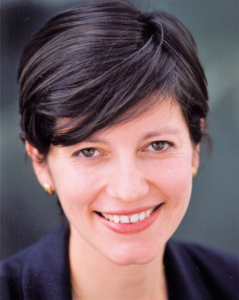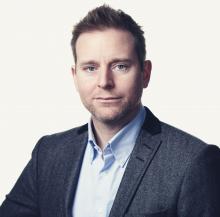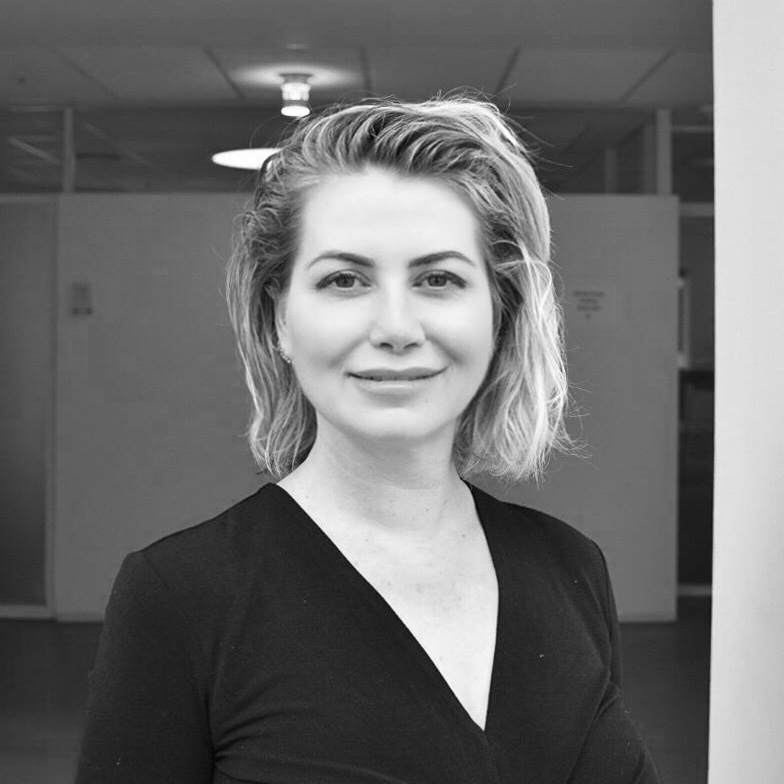European Commission - Horizon 2020
Horizon 2020
Funding opportunities under Horizon 2020 are divided into different categories. Projects presented here have been granted under the Societal Challenges and the Marie Skłodowska-Curie program. For projects granted under the Excellent Science pillar, click here.
REFLOW - constRuctive mEtabolic processes For material fLOWs in urban and peri-urban environments across Europe 
The Reflow Project is a multi-national project, involving 27 partners in 10 European countries, led by associate professor Cristiana Parisi .The aim of the project is to help European cities in the transition to become sustainable, where waste becomes a resource, by relocalisation of production and reconfiguration of material flow. The project will be based on experiences of the six pilot cities: Amsterdam, Berlin, Vejle, Paris, Milan and Cluj-Napoca. The expected end results will be guidelines for other European cities, which seek to become circular and sustainable as well.
The project expects to end in 2021, and a sum of € 10 million has been granted to fund the research. It is the largest EU coordinator project ever granted to CBS
The project is coordinated by Associated Professor Christiana Parisi, Department of Operations Management.
See the CBS Wire for an article on REFLOW
NeEDS - Network of European Data Scientists

NeEDS (Network of European Data Scientists) consists of six academic participants and eight industrial ones from five EU countries, USA and Latin America with strong and complementary expertise, from industry sectors ranging from energy, retailing, insurance to banking, as well as national statistical offices. With this composition, NeEDS is in a unique position to deliver cutting-edge multidisciplinary research to advance academic thinking on Data Science in Europe, and to improve the Data Science capabilities of industry and the public sector.
NeEDS responds to the massive scientific and technological challenges that the very rapidly growing field of Data Science has created for users and producers of data in Europe and world-wide. The challenges stem from the complexity of the data, the completely novel questions posed to data scientists, as well as the need of non-experts to visualize and interact with the knowledge extracted from data in order to aid data-driven decision-making. Companies and public sector bodies around Europe find they cannot build up the required capabilities quickly enough, and Europe is remarkably behind US academia in increasing Data Science capacity. NeEDS provides an integrated modelling and computing environment that facilitates data analysis and data visualization to enhance interaction.
NeEDS brings together an excellent interdisciplinary research team that integrates expertise from three relevant academic disciplines, Mathematical Optimization, Visualization and Network Science, and is excellently placed to tackle the challenges. NeEDS develops mathematical models, yielding results which are interpretable, easy-to-visualize, and flexible enough to incorporate user knowledge from complex data. These models require the numerical resolution of computationally demanding Mixed Integer Nonlinear Programming formulations, and for this purpose NeEDS develops innovative mathematical optimization based heuristics.
The project is coordinated by Professor Dolores Romero Morales, Department of Economics.
Read more about the project here.
ENLIGHTEN - European legitimacy in governing through hard times: the role of European network. 
The ENGLIGHTEN project gathers 8 partners from all over Europe in Belgium, Denmark, Hungary, the Netherlands and the United Kingdom (4 universities and 4 non-profit organisations).
The ENLIGHTEN project is concerned with the legitimacy of European governance in dealing with what we call fast and slow-burning crises. Fast burning crises are readily identified – they are the political and economic shocks of recent years.
In slow-burning crises the political, social, and economic challenges are long-term and widespread, but do not generate immediate political attention. In these ‘crises’, such as the sustainability of our fiscal systems, the ageing of our populations, and lack of public investment in areas like housing, expert networks are important in defining problems and how they should be treated. The ENLIGHTEN research team are investigating both fast- and slow-burning crises in the following areas:
- Banking Crises and Fiscal Sustainability
- Deficit Reduction and Continuity of Public Services
- Youth Employment and Inclusive Growth
Those crises will be analyzed through the prism of four aspects of the European “governance architecture”, which includes:
- Modes of governance
- Associated expert networks
- Policy instruments
- Legitimizing narratives
The objectives of the ENLIGHTEN project are therefore to:
- Map how European institutions and expert networks handle crises
- Differentiate how European modes of governance relate to crises
- Articulate what modes of governance are best suited to addressing crises
The project is coordinated by Professor Leonard Seabrooke, Department of Organisation.
Read more about the project here.
Cities-4-People - Towards a People Oriented Transport and Mobility 
Cities-4-People is an H2020 project revolving around sustainable and people-oriented transport as a solution to the many challenges linked to mobility and faced by urban and peri-urban areas today. Aiming to implement mobility solutions developed by the people for the people, Cities-4-People taps into participatory practices of social innovation and neighbourhood governance and builds on three main pillars:
- Citizen's Participation
- Community Empowerment
- Sustainable Urban Planning
People Oriented Transport and Mobility (POTM) holds a great promise for tackling some of the most persistent urban and peri-urban sustainable mobility challenges of common interest to EU cities. Even though researchers, practitioners and policy makers are aware of this potential, the current research and innovation framework is plagued by a surprising lack of evidence and transformative POTM solutions. Cities-4-People brings together a multidisciplinary consortium to introduce a community-driven POTM framework based on participatory, inclusive and transparent innovation processes. It incorporates collective awareness and open innovation to understand the real needs of EU citizens and co-create new mobility solutions with them, harnessing digital and social innovation. Based on a local community setting and supported by cross-disciplinary teams and a comprehensive suite of collaborative technologies (both online and offline), citizens along with public and private city stakeholders will co-develop concepts and endorse concrete solutions – inspired by growing mobility trends (e.g. shared mobility and connected mobility).